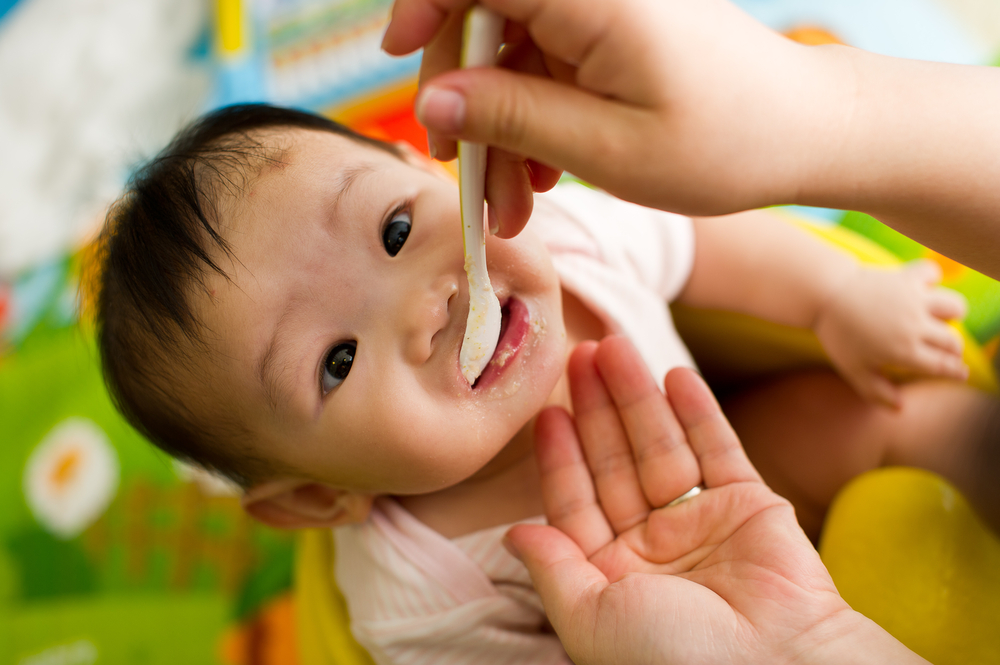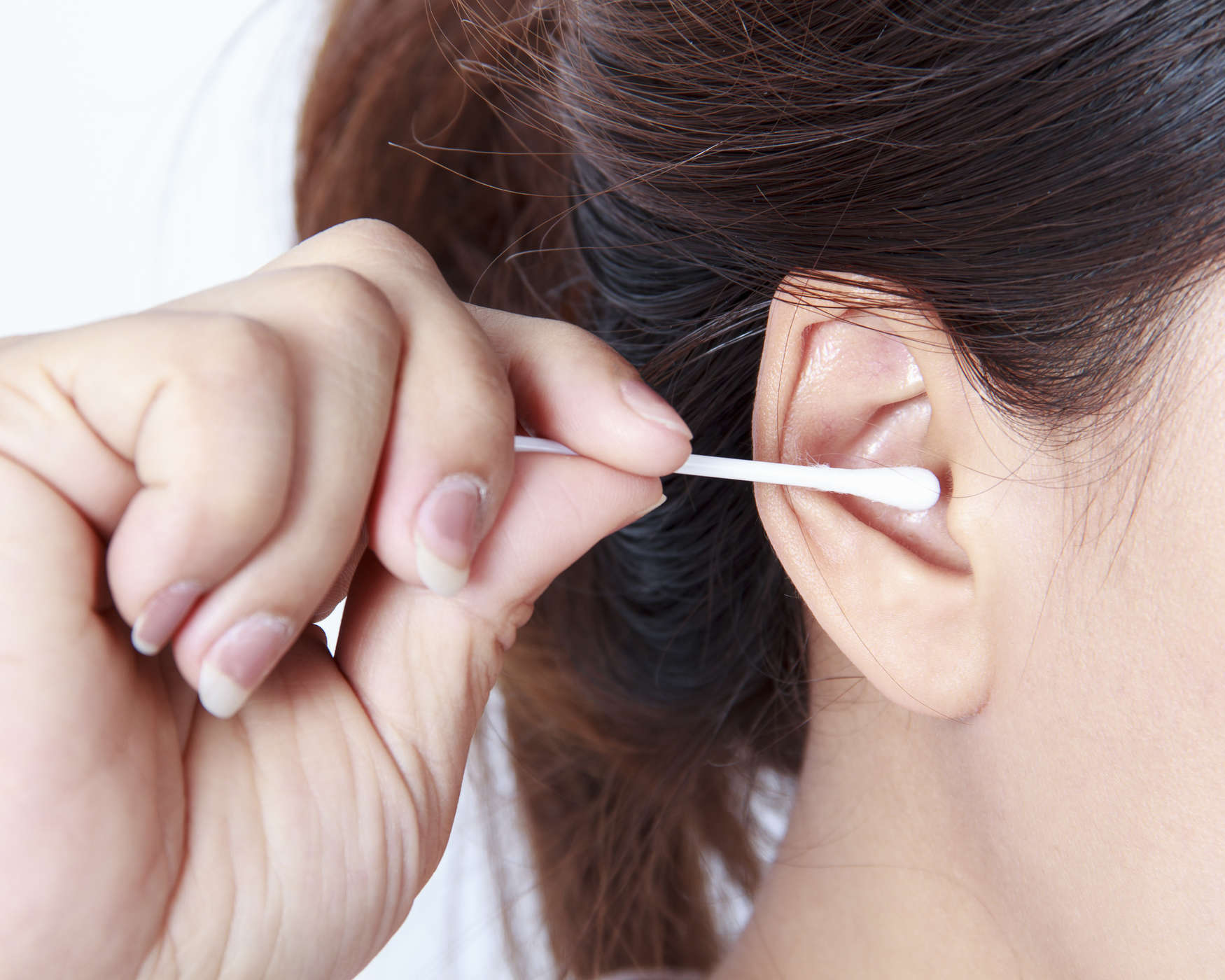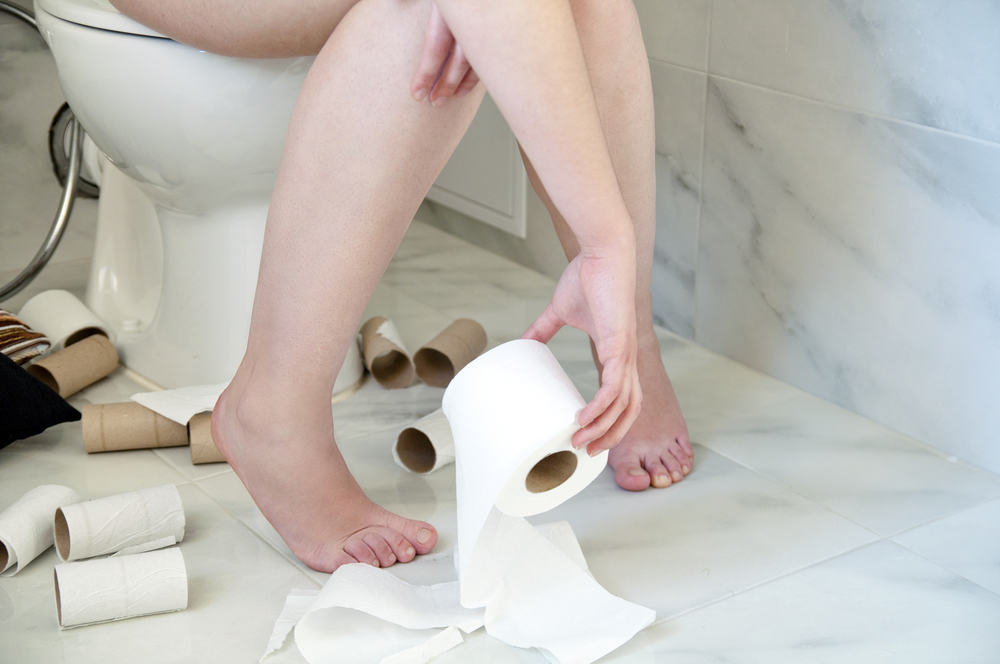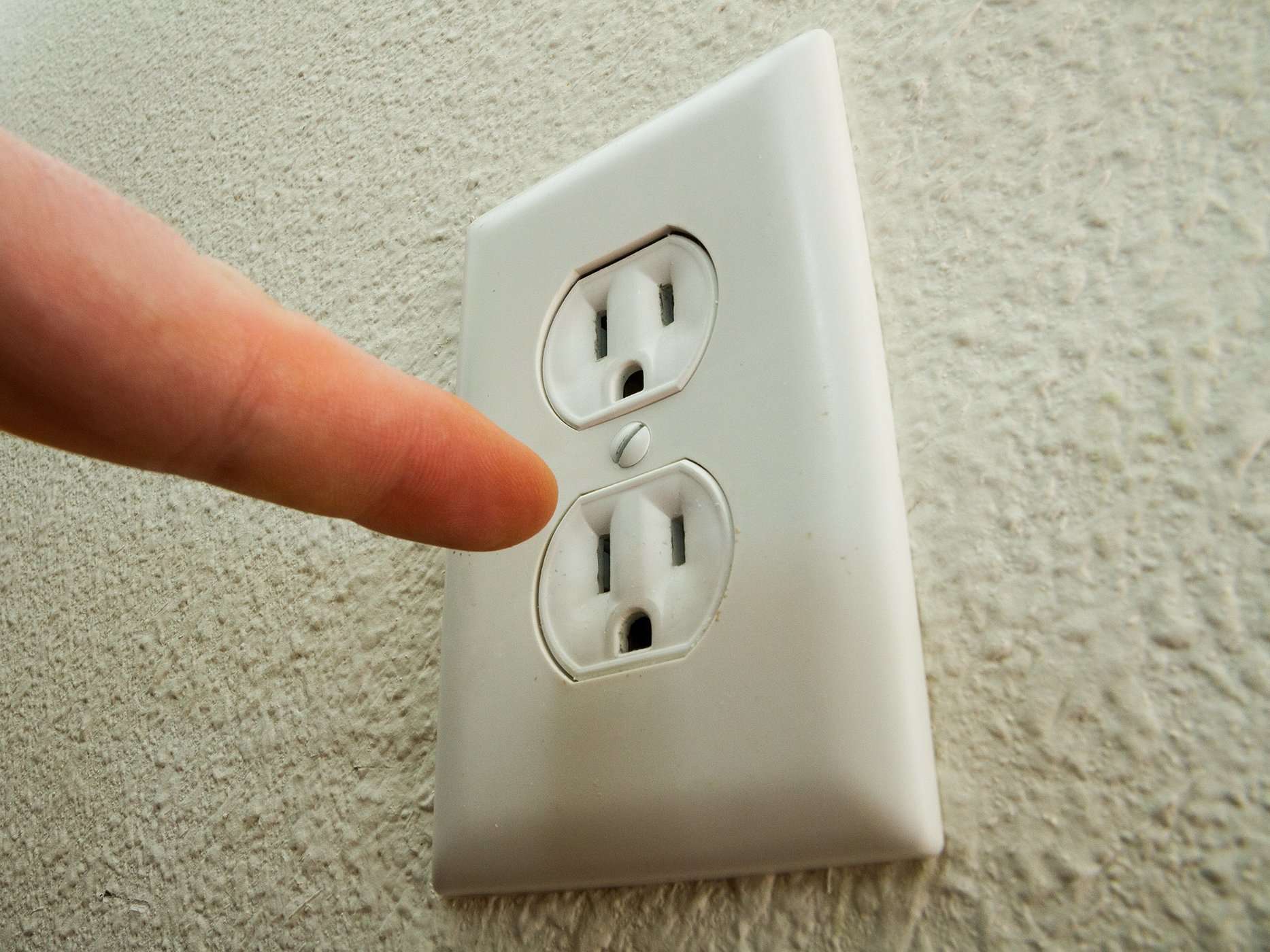Contents:
- Medical Video: Keeping Babies Healthy
- Effect of solid food and quality of infant sleep
- However, can babies under 6 months be given solid food?
- Why should babies under 6 months not be given solid food?
Medical Video: Keeping Babies Healthy
During the womb, the baby spends his time sleeping. That is why newborns have a messy sleep cycle. They can wake up at night so they take time off from their parents. Well, a study shows that babies fed solid foods earlier improve the quality of infant sleep. So can this strategy be tried by parents safely? Wait, it's better to see the explanation below before trying it out.
Effect of solid food and quality of infant sleep
A study conducted by King’s College London looked at the effect of solid foods on the quality of infant sleep. As many as 1,300 babies were divided into two groups, namely infants were given exclusive breastfeeding for 6 months and infants were breastfed and given solid food around the age of 3 months.
Then, parents report that babies fed solid foods earlier can sleep 15 minutes longer and less often wake up and experience sleep disturbances at night than babies who are given exclusive breastfeeding. Babies who sleep 15 minutes longer, so have extra sleep time of about 2 hours per week.
However, can babies under 6 months be given solid food?
Although the study shows promising results, many experts do not recommend giving solid food to infants under the age of 6 months. Why?
The difference in the quality of sleep between babies who were given exclusive breastfeeding for 6 months with infants fed solid foods at the age of 3 months did not differ much; only a dozen minutes different. Moreover, parents must reconsider their mental readiness, children's digestive system, and children's nutritional intake.
Not all babies will be ready to eat solid food at an easier age, for example 4 months. Some are ready at 6 months or more, especially babies born prematurely or experiencing slow development.
Why should babies under 6 months not be given solid food?
Giving solid food earlier, can cause the baby to easily choke. Solid foods that enter the mouth will not be digested safely, especially the position of their bodies who have not been able to sit up or raise their heads.
In addition, providing solid food for younger babies can also increase the risk of childhood obesity. When children are obese, their quality of life decreases. The risk of chronic diseases such as diabetes, metabolic syndrome, or heart disease also threatens the future of children.
Natalia Stasenko, a nutritionist from New York argues, "Waking up at night is normal behavior in infants and it will adjust accordingly."
Compared to giving solid foods that are very risky early, parents need to choose other ways to improve the quality of children's sleep in other ways. For example, by understanding how to calm babies, pay attention to various things that support the comfort of a baby's sleep, or often hang the baby in the morning sun to improve the baby's circadian rhythm - the body's biological clock that regulates the cycle of wake and sleep.
In addition to reaching the age of 6 months, determining the right time for children to start eating solid foods can also be seen. Children who are ready to eat solid foods can make chewing movements, no longer push their food out of their mouth, have good head control, and are able to sit upright.














